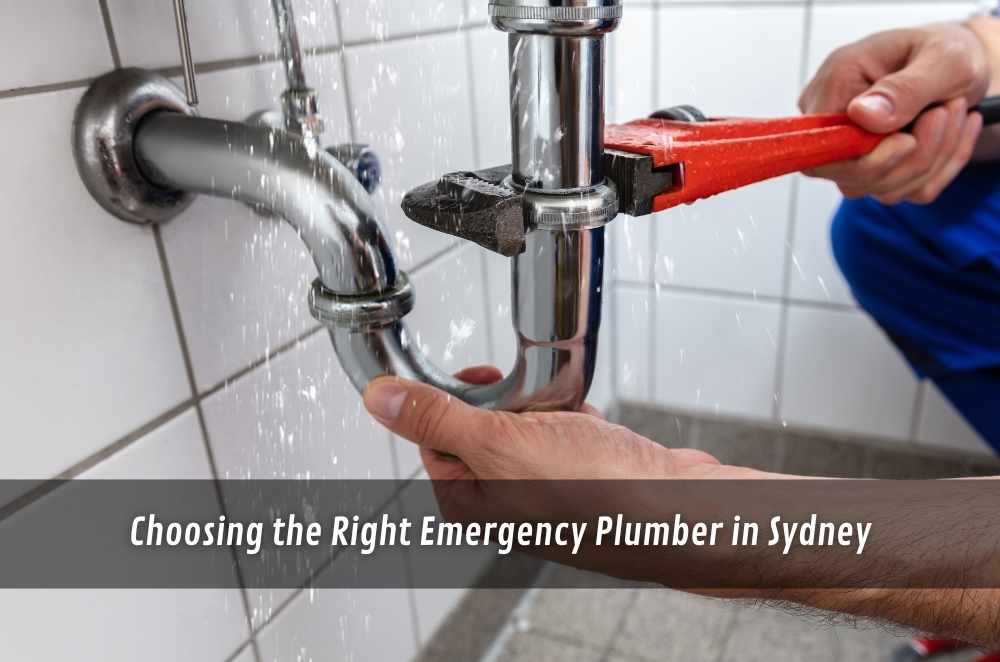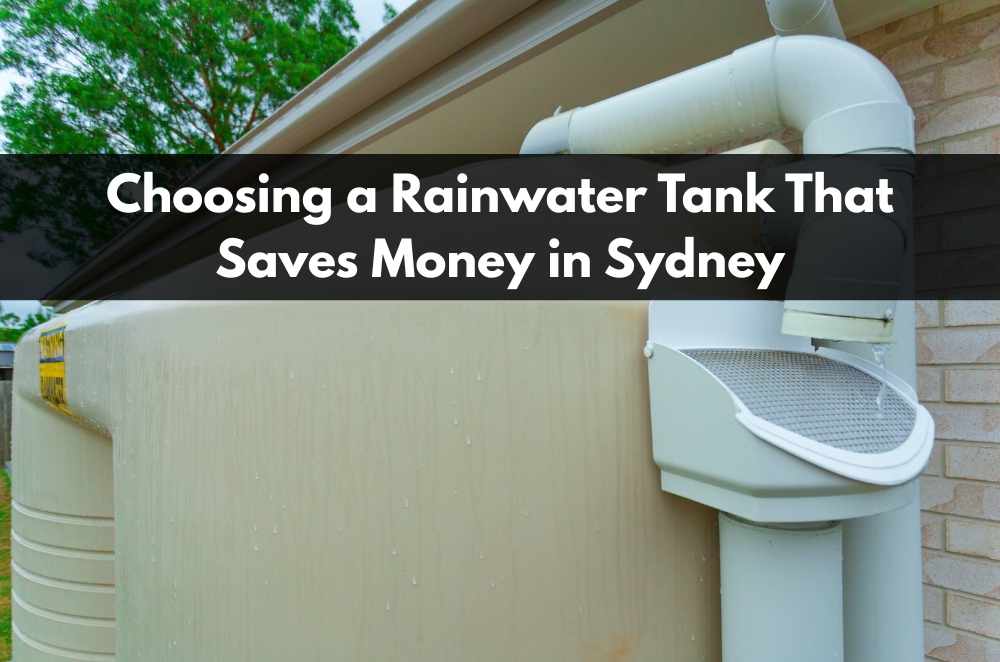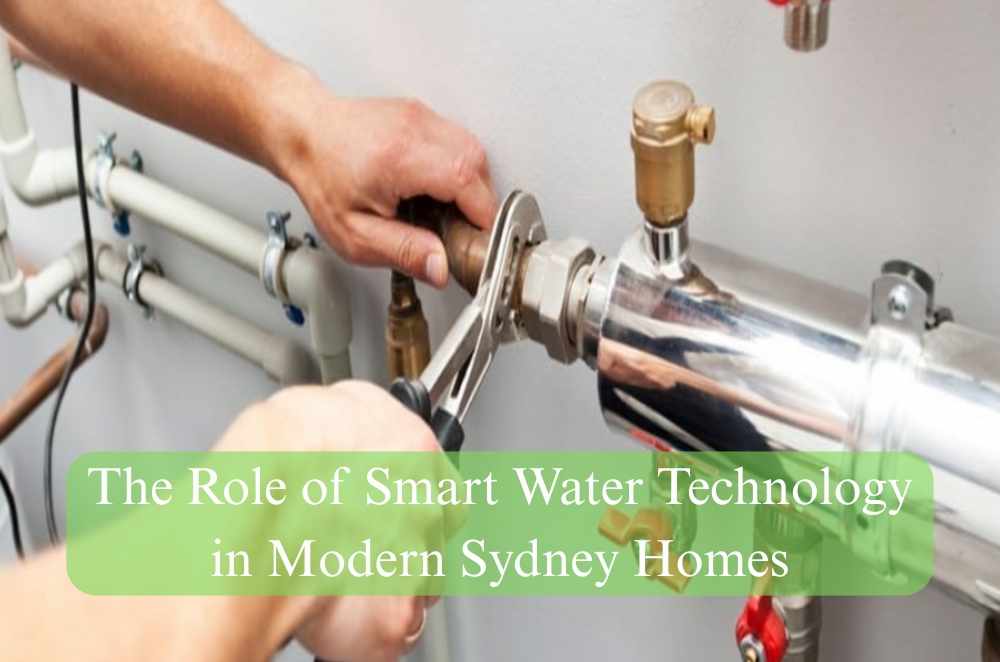
Have you ever battled a stubborn drain, helplessly watched a leaky tap, or experienced the terror of toilet overflow in your Sydney home? Most residents can relate to the frustrating situation where the city's terrain and old systems conspire to create plumbing woes. Sydney houses are accompanied by strange issues, from the clay soils that deteriorate drainage pipes to pervasive humidity that provokes pipe corrosion. For this reason, it's essential to be aware of the nuances of DIY and know when to seek the services of a trusted Sydney plumbing service. This article aims to break down the complexities of home plumbing so you can make informed decisions safeguarding your home and wallet. We will discuss the common plumbing errors unique to Sydney houses, examine the safe limits of DIY repair jobs, and offer tips on the warning signs that call for professional services. By the time you're through, you'll be an expert at getting the plumbing done yourself, your house a sanctuary, not a broth of watery mayhem.
Should you tackle plumbing yourself?
Plumbing troubles run the gamut from annoyance to catastrophe. It's something you must understand the difference between. A small task might sound innocent, but small mistakes make enormous, expensive problems. It's simple to pinch a few pennies with a DIY fix, but the reality is that plumbing issues are often more profound than they appear. The unique requirements of Sydney homes, from its clay-based soil impacting drainage to the humid climate accelerating pipe corrosion, heighten the risks of DIY fixes. So, if in doubt, a professional's expertise is not only recommended, it's often required to prevent costly, severe damage.

What plumbing tasks can I safely do myself?
Although the charm of DIY home plumbing jobs may be enticing, it's a good idea to be aware of some boundaries and how to avoid catastrophe before you start. Some fundamental plumbing fixes are safe for DIYers to try, although these come with risks. Replacing a tap washer to avoid a small drip generally involves a simple take-down and new rubber washer installation.
Unclogging a clogged, slow-draining sink with a plunger: A proven do-it-yourself solution for minor clogs.
Replacing the showerhead: Usually, it is a simple swap of fittings.
New toilet seat: This is a necessity, a tool-minimal task, but it requires proper installation of a new toilet for optimal functionality.
Even these seemingly simple tasks, however, can snowball. A small trickle can indicate a more significant pipe issue, and a plunger might only temporarily clear a clog caused by a more substantial issue. Always remember that professional plumbers are qualified to detect and repair problems entirely so that they will not become more costly repairs later on. Professional assistance is highly recommended when in doubt, especially in Sydney's unique plumbing conditions.
What tools do I need for basic DIY plumbing repairs?
Are you a DIY plumbing beginner? While a couple of straightforward repairs can be managed, having the proper tools is essential to prevent a simple repair from becoming a major headache.

Proper tools are necessary, even for simple repairs. But it's essential to remember that professional know-how usually beats DIY at best, even with appropriate tools, particularly in intricate Sydney plumbing systems.
Are there risks to DIY plumbing repairs?
Yes. DIY plumbing has several possible dangers:
Water damage: Improper repairs can cause leaks, flooding, and costly damage to your home. A small leak can lead to thousands of dollars worth of damage in the long term.
Property and financial damage: DIY plumbing can also prove extremely expensive, which you never expected. The leaks or other issues that DIY plumbers typically try to fix can lead to costly water damage if not fixed properly.
Personal injury: Fixtures and pipework are dangerous. Risks include cuts by tools, scalds from hot water or steam, and electrical shock.
Contamination: If mishandled, pipes can enter your water supply and contaminate it with dangerous substances like mould or bacteria.
Code violations: Most plumbing work involves adhering to local building codes. Home-made mistakes will result in penalties, trouble selling your home, and voided insurance claims.
Financial loss: Besides property loss, Do-it-Yourself plumbing has shockingly high costs. You may struggle to determine plumbing costs accurately, especially when repairs go wrong.
Wasted water: When you do yourself a simple plumbing fix for a leaky or running toilet, you might waste gallons of fresh, drinkable water.
Insurance problems: Most homeowner's insurance policies don't pay out for damage caused by Do-it-Yourself plumbing fixes.
Gas line hazards: Don't attempt to repair gas lines yourself. A mistake can lead to gas leaks, explosions, or even deadly carbon monoxide poisoning.
What are the signs I need a professional plumber?
It is always crucial to know when to call an expert. Here are some signs that indicate you need a plumber:
Stubborn clogs: When plungers and drain cleaners don't do the trick.
Low water pressure: This could indicate a serious issue in your plumbing system.
Leaky or burst pipes: Minor leaks can cause massive damage.
Water heater issues: Strange noises, temperature fluctuations, or leaks around the unit.
Sewer line backups: Stinky odours, slow drains, or water backing into multiple fixtures.
Gas leaks: If you detect a gas leak, immediately evacuate and call a professional.
What qualifications should a plumber have?
A qualified plumber has the proper training and experience to handle plumbing issues efficiently and safely. In Australia, plumbers typically need:
Certificate III in Plumbing: This is the typical trade qualification.
Licensing: Plumbers must be licensed to work legally. Licensing ensures that they have achieved the minimum level of competency.
Experience: An accredited apprentice program will encompass all of the on-the-job training and experience necessary over multiple years under licensed plumbers in preparation for taking licensing exams and entering a career as a professional plumber.
Specialised skills: Plumbers may become specialists in gas fitting, drainage, or commercial plumbing, often requiring additional certification.
Problem-solving skills: Plumbers often have unexpected issues and need to be able to troubleshoot quickly.
Physical stamina: Plumbing can be physically demanding.
Communication skills: Plumbers must effectively communicate plumbing systems and maintenance requirements to customers.
Conclusion
Ultimately, the choice to DIY or hire a professional depends on your comfort level and the complexity of the plumbing problem. Remember, Sydney's specific conditions usually require specialist expertise to prevent long-term issues. You can protect your wallet and home by being aware of the safe limits of DIY and recognising the signs that signal a professional is needed. We've discussed the risks, the tools, and the main signs that demand professional action. Share your plumbing challenges and victories in the comments below. We can't wait to hear from you. Should you face a complex issue or want peace of mind, remember that reliable plumbing service is always available, ensuring your home is safe and cosy.










Write a comment ...